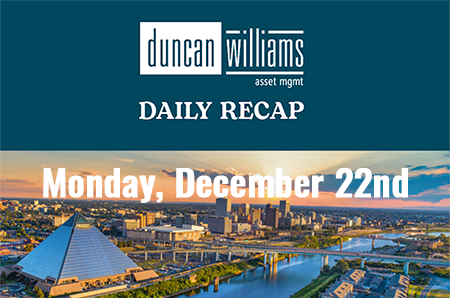
Key Concerns
- Inflation and Monetary Policy: While global inflation has decreased, it remains above target in many regions. This has led to concerns about central banks' potential need for further monetary tightening, which could slow economic growth. Long-term interest rates have also recently risen above pre-pandemic levels, which means the full impact of previous tightening efforts is yet to be seen (Deloitte United States) (World Economic Forum).
- Geopolitical Tensions: Geopolitical instability, particularly the ongoing conflict in Ukraine and its global repercussions, creates economic uncertainty. Economists predict that geoeconomic fragmentation will accelerate, increasing global market volatility. This fragmentation is expected to cause significant trade and economic cooperation disruptions, which could hamper global growth (World Economic Forum) (World Economic Forum).
- Climate Change and Sustainability: The immediate costs of climate change and the need for substantial investment in mitigation efforts pose a significant challenge to the global economy. Addressing these issues requires substantial policy intervention and investment in sustainable technologies (Deloitte United States).
- Demographic Changes: Slowing population growth, particularly in advanced economies, is another concern. This demographic shift leads to tighter labor markets and higher costs associated with an aging population, putting additional pressure on economic growth and social support systems (Deloitte United States).
Expert Opinions and Recommendations
- Saadia Zahidi, World Economic Forum: Zahidi emphasizes the need for policy-making that revives economic growth and lays the foundation for more inclusive, sustainable, and resilient growth. She highlights the importance of addressing the complex geopolitical and domestic political tensions to stabilize the global economy (World Economic Forum).
- Christian Keller, Barclays: Keller points to the rapid advancement and adoption of generative AI as a potential disruptor that could significantly shift economic dynamics. He suggests that leveraging AI could help advanced economies offset labor shortages and improve productivity, which is crucial for sustained economic growth (World Economic Forum).
- Dawn Desjardins, RBC: Desjardins focuses on the importance of interest rate policies. She anticipates that rate cuts will be necessary to support economic recovery, particularly in Canada, where the financial strain on households and businesses from higher rates is a significant concern. She also highlights the need for investments in housing and automation to address productivity challenges and housing shortages (Deloitte United States).
- IMF Economists: The International Monetary Fund (IMF) underscores the need for coordinated global policy responses to manage the economic impact of geopolitical fragmentation. They suggest advanced economies should focus on innovation, infrastructure development, and educational advancements to drive growth. In contrast, low-income economies might benefit more from improved access to finance and social services (IMF) (World Economic Forum).
Conclusion
Global economic concerns are multifaceted, involving persistent inflation, geopolitical instability, climate change, and demographic shifts. Economists advocate for a combination of innovative policies, sustainable investments, and international cooperation to navigate these challenges. Proactive policy addressing these issues can help stabilize the global economy and promote long-term growth.
Recent Articles
Lets Talk >












